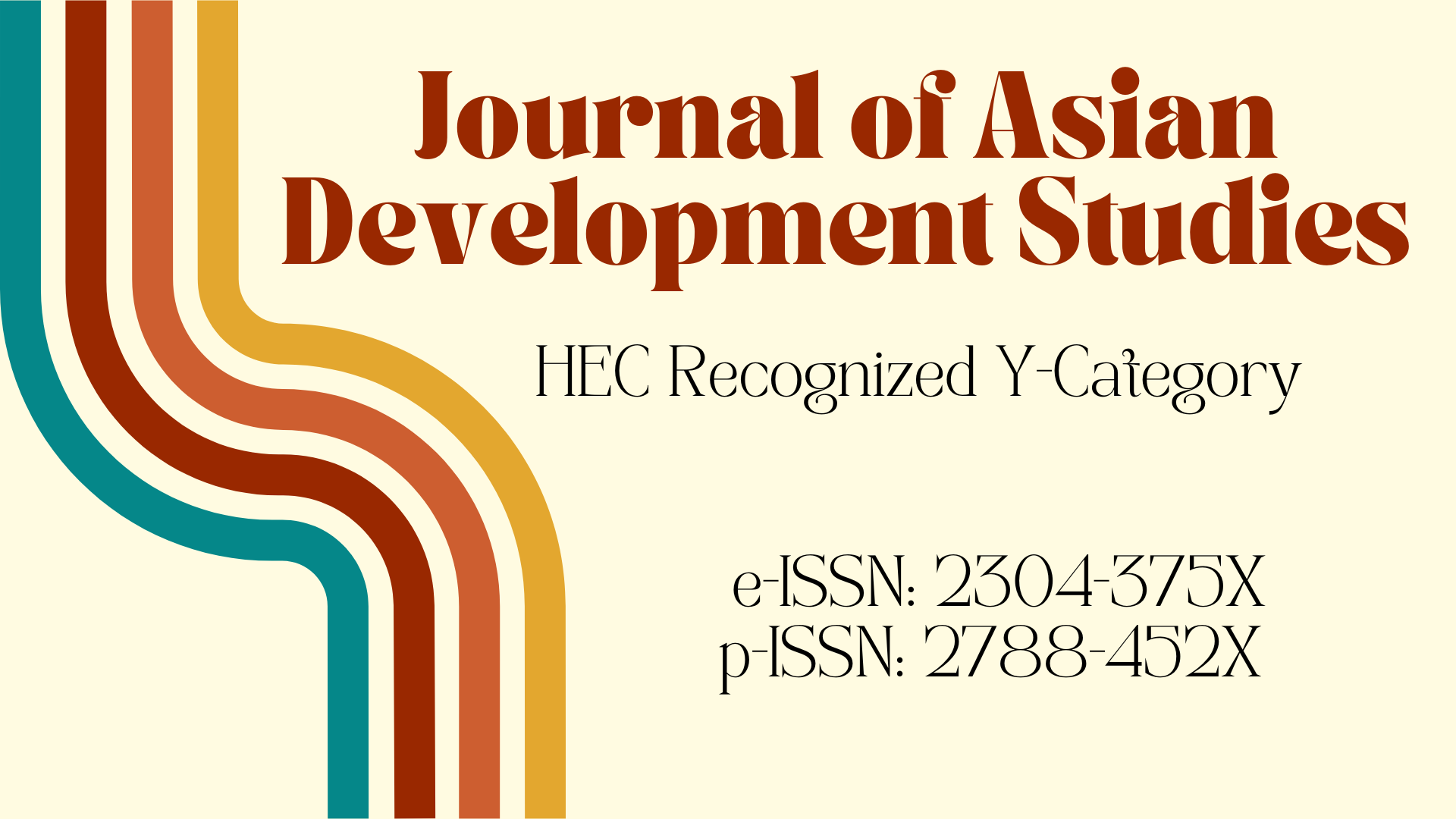Exploring Emotional Intelligence and Its Effects on Students' Academic Performance in Universities
DOI:
https://doi.org/10.62345/jads.2025.14.1.82Keywords:
Emotional Intelligence, Academic Performance, Students, UniversitiesAbstract
The purpose of the current cross-sectional research study was to analyze the effects of emotional intelligence (EI) on the academic performance of students at universities. The investigation population covered 5,859 students from public sector universities. A sample of 200 students was selected through simple random sampling from different departments within the Faculty of Social Sciences from the three public universities of Multan district in South Punjab, Pakistan. The Schulte Emotional Intelligence Scale served as the standardized data collection. The research investigation employed descriptive statistics using mean and standard deviation, inferential measures, t-tests, and regression for data analysis. The findings reveal a significant positive relationship between emotional intelligence and academic performance, with no notable gender differences. The study emphasizes integrating EI-focused interventions in university curricula to enhance student outcomes. The study recommended integrating EI development programs within university curricula to improve universities' academic engagement and performance.
Downloads
Downloads
Published
Issue
Section
License

This work is licensed under a Creative Commons Attribution 4.0 International License.
License Terms
All articles published by Centre for Research on Poverty and Attitude are made immediately available worldwide under an open access license. This means:
- everyone has free and unlimited access to the full-text of all articles published in Centre for Research on Poverty and Attitude's journals;
- everyone is free to re-use the published material if proper accreditation/citation of the original publication is given.




